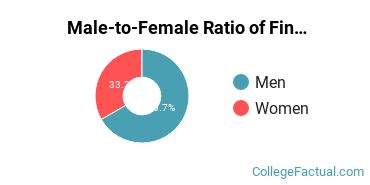Pennsylvania State University - Great Valley Master’s in Financial Planning & Services
Financial Planning & Services is a concentration offered under the finance and financial management major at Pennsylvania State University - Great Valley. Here, you’ll find out more about the major master’s degree program in financial planning, including such details as the number of graduates, diversity of students, and more.
You can jump to any section of this page using the links below:
Featured schools near , edit
How Much Does a Master’s in Financial Planning from Penn State Great Valley Cost?
Penn State Great Valley Graduate Tuition and Fees
Out-of-state part-time graduates at Penn State Great Valley paid an average of $1,702 per credit hour in 2018-2019. The average for in-state students was $1,044 per credit hour. The following table shows the average full-time tuition and fees for graduate student.
| In State | Out of State | |
|---|---|---|
| Tuition | $25,054 | $40,856 |
| Fees | $760 | $760 |
Does Penn State Great Valley Offer an Online Master’s in Financial Planning?
Penn State Great Valley does not offer an online option for its financial planning master’s degree program at this time. To see if the school offers distance learning options in other areas, visit the Penn State Great Valley Online Learning page.
Penn State Great Valley Master’s Student Diversity for Financial Planning
Male-to-Female Ratio
Women made up around 33.3% of the financial planning students who took home a master’s degree in 2018-2019. This is higher than the nationwide number of 28.7%.

Racial-Ethnic Diversity
Around 6.7% of financial planning master’s degree recipients at Penn State Great Valley in 2018-2019 were awarded to racial-ethnic minorities*. This is lower than the nationwide number of 20%.

| Race/Ethnicity | Number of Students |
|---|---|
| Asian | 0 |
| Black or African American | 0 |
| Hispanic or Latino | 0 |
| Native American or Alaska Native | 0 |
| Native Hawaiian or Pacific Islander | 0 |
| White | 2 |
| International Students | 12 |
| Other Races/Ethnicities | 1 |
References
*The racial-ethnic minorities count is calculated by taking the total number of students and subtracting white students, international students, and students whose race/ethnicity was unknown. This number is then divided by the total number of students at the school to obtain the racial-ethnic minorities percentage.
More about our data sources and methodologies.

